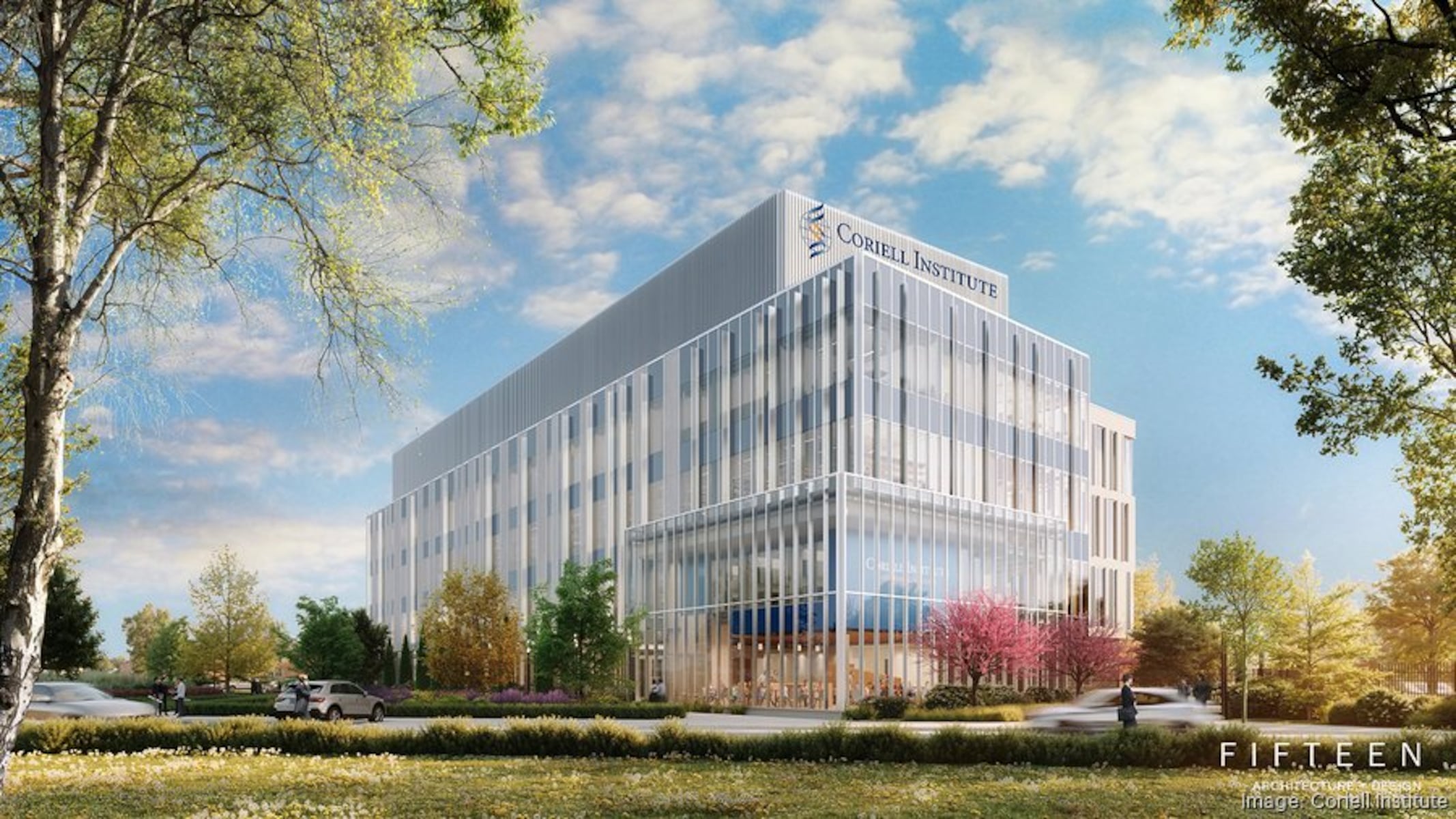Construction is underway for the new $95 million Coriell Institute Strategic Innovation Center in Camden, New Jersey, a project set to significantly enhance the local life sciences landscape. The facility, which will serve as the Coriell Institute’s headquarters, research center, and biorepository, is slated to open in early 2028.
The groundbreaking ceremony took place last week, marking a pivotal moment for the region’s biotech ambitions. The center will accommodate six biobanks from the National Institutes of Health, contributing to a robust infrastructure for biomedical research. According to a statement from the institute, the project is projected to generate approximately 150 permanent jobs and an additional 100 construction jobs during its development.
Supporting Innovation and Economic Growth
The collaboration between the Coriell Institute and the New Jersey Economic Development Authority aims to foster innovation in the biotechnology sector. Officials expressed confidence that the new center will play a crucial role in advancing biomedical research and innovation. The facility will include cutting-edge incubator and laboratory spaces, specifically designed to support emerging biotech companies.
This initiative is part of a broader strategy to solidify New Jersey’s position as a leader in the life sciences industry. By attracting new businesses and providing essential resources, the Coriell Institute Strategic Innovation Center is expected to drive economic growth and enhance research capabilities in the state.
Coriell has a long-standing presence in Camden, having moved into its current five-story headquarters on Haddon Avenue in 1989. The new center represents a significant investment in the future of the organization and the local community, reinforcing Camden’s transformation into a hub for life sciences.
The development of the Coriell Institute Strategic Innovation Center is indicative of the growing demand for advanced research facilities and the importance of collaboration among public and private sectors in driving scientific progress. As the opening date approaches, stakeholders remain optimistic about the center’s potential to catalyze innovation and create a lasting impact on the region’s economy and healthcare landscape.





































































